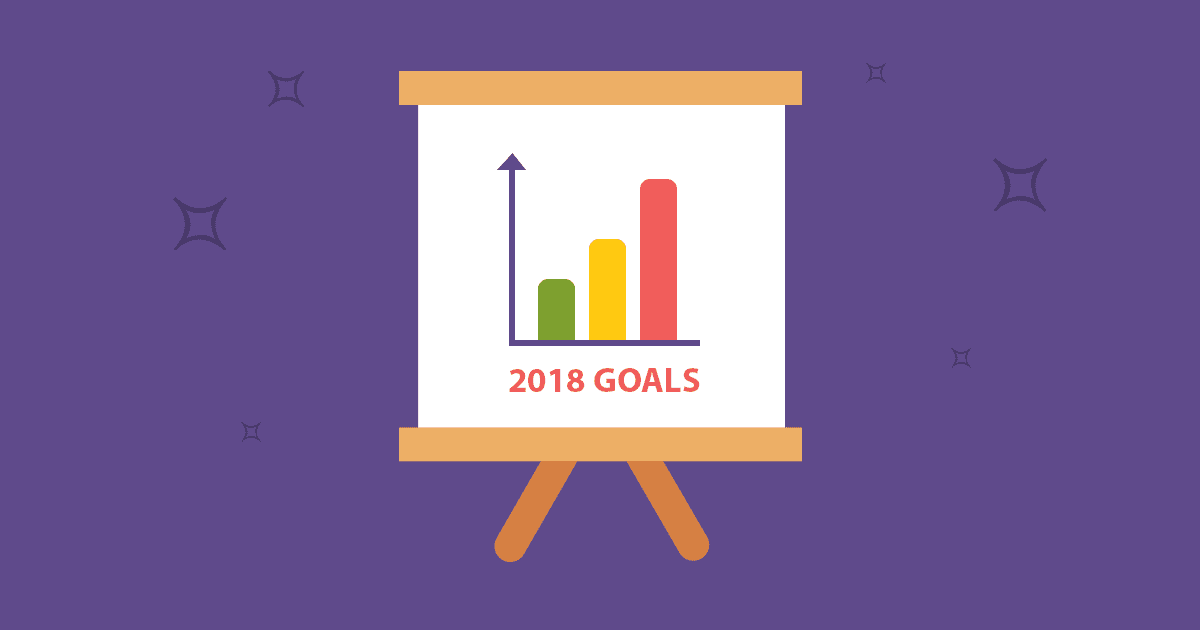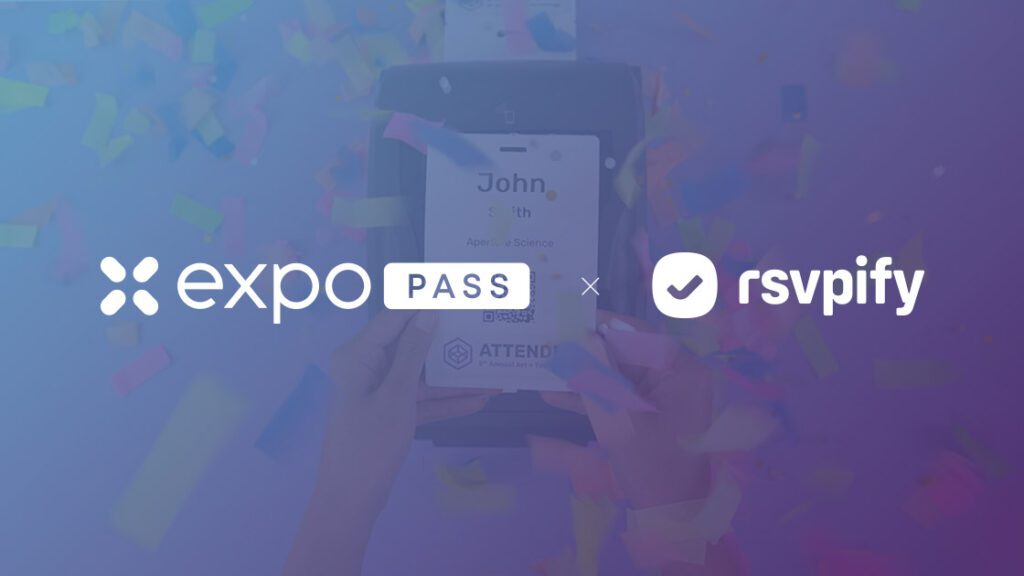As an event planner, much of your annual measurement for success has to do with your effectiveness as an event marketer. From generating hype for an event online to encouraging early registration and everything in between, there are many facets to event marketing to keep in mind. Have you taken the time to assess your previous year’s success from an event marketing standpoint? If not, now is a good time to reflect. From these findings, you can begin to set and tackle your 2018 goals when it comes to event marketing. To help you get started, we’ve identified a few key areas where many event planners need improvement, along with some actionable tips to get started.
Content Development
Having a sound content development and marketing strategy can make all the difference when it comes to the ultimate success of your event. Creating interesting, relevant, and useful content to hype your event is a great way to boost your event page’s SEO rankings, thus making it easier for potential attendees to stumble across your page and register. A successful content development strategy will also focus on the creation of shareable content. By encouraging sharing via social media platforms like Facebook, Twitter, and LinkedIn, you can spread the word about your upcoming event in an organic way, rather than relying solely on paid advertising.
Paid Advertising
Of course, there’s always a place for paid advertising in the realm of event marketing. We just don’t encourage you to make paid advertising your prime focus, as there are plenty of more cost-effective ways to market your upcoming event. Still, if you plan on using any form of paid advertisement for your event, one of the most important tips to keep in mind is to know where your advertising money is going and track the success of your campaigns precisely. For example, you might decide to pay for a social media ad. This kind of exposure is not cheap by any means, so you’ll want to use all the available reporting features included to track how successful your campaign is, which can help you make more informed decisions about your paid advertising strategies in the future.
Email Campaigns
Creating and executing a well-organized email campaign can really take the success of your event marketing strategy to the next level. The key is to start early. Creation of an approximately four-part email campaign will help you achieve the most exposure to your target audience without being overbearing. You’ll want to begin your campaign with a quick, general announcement of your event as early in advance as possible (pretty much as soon as you have the details nailed down). This should include information on the name of the event, its purpose, the date, times, and location.
From there, consider sending out an early-bird registration invitation in the few months leading up to the event. This email should provide an incentive for readers to register early, such as a reduced registration fee or special upgrade. Once your early-bird registration period has ended, a follow-up email should be sent out inviting readers to register at full-price. Your final email should read as a “last chance” message of sorts, reminding readers that time to register is running out and encouraging them to secure their spot now.
Social Media Engagement
Social media is by far one of your most powerful event marketing tools, but unless you use it wisely, you’re likely not tapping into its full potential. One of the easiest and most effective things you can do to begin marketing your event early on is to create an event hashtag, which you should encourage attendees to use when referring to anything related to your event. This is not only a great way to spread awareness of your event, but to track engagement as well (after all, Twitter allows you to track hashtag use pretty easily).
If you have any industry “celebrities” or other reputable industry leaders either attending your event or presenting at your event, don’t hesitate to approach them with a request to promote it on social media. Because these people will already have a large following, getting them to mention your event and encourage registration can be an incredible way to boost interest.
Registration and Attendance
The ultimate goal of all of your event marketing strategies is to get people to register for and attend your event. So, what are some ways you can go about making registration and attendance as easy and appealing as possible for your target audience? Start by making the registration process as simplified as possible. Collect a very limited amount of information in your event registration forms, as longer forms may scare some people off. Also, be sure to accept registration in as many ways possible. This includes not just online, but over the phone or in person (depending on your audience). Include easy-to-find links directly on your event registration page and in your promotional content, and offer some special promotions now and then (including early-bird promotions) to encourage people to register at a discounted price.
Retention
Beyond getting people to register for and attend your event, the measure of a successful event (for most businesses, at least) is its effectiveness converting new customers or clients. Make sure that you have a solid system in place for tracking leads and following up on them, whether it be via e-mail, over the phone, on LinkedIn, or through some other medium. Specifically, having a means of tracking lead conversions from your event will help you decide whether or not the event was an overall success and worth doing again in the future.
Whether you have goals to improve your email campaigns, social media engagement, or any other important aspect of your event marketing strategies in 2018, these tips are sure to resonate with you. From there, you can more successfully and confidently market your 2018 events, boost registration/attendance, and convert more leads.


